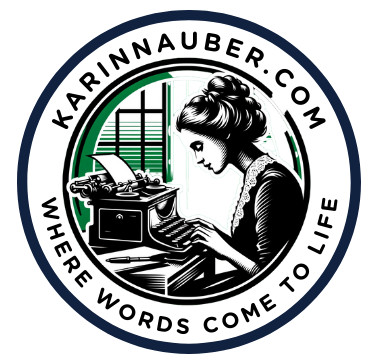The Power of a Writing Journal

I have kept various writing journals in various forms for many years now. While I started out with handwritten journals, I now have some typed and some as audio recordings.
But there is something about putting the pen to the page that “feels” like writing!
A writing journal is more than a place to scribble daily musings – it’s a place you can freely record your thoughts, a shoe box for ideas, and a sanctuary for the soul. This humble notebook has been the companion of many great minds. Think of icons like Leonardo da Vinci, Marie Curie, and Mark Twain, all of whom documented their quests and quandaries.
Think about yourself and the multitude of thoughts that cross your mind throughout the day. Thoughts that you could record for future reference.
Not every thought or writing idea will materialize into a story or book or essay or blog post, but every one of them has the potential to become something more. That is partly what this is about.
Journaling is not just about tracing the habits of the successful; it’s also about understanding the emotional and psychological boost that comes with pouring your heart out onto paper. The simple act of arranging words to write about your day can become a tool for self-discovery and stress relief.
Journaling offers a judgment-free zone where honesty prevails and self-reflection flourishes. It’s a habit that doesn’t ask for high-tech gadgets or pricey subscriptions; just a pen, paper, and a few minutes of your day. Choose something that fits you – a leather-bound book that feels luxurious, a recycled notebook that aligns with your eco-friendly goals, or even a digital app if you’re always on the go.
Enhancing Creativity and Clarity Through Journaling

Journaling isn’t just a place for reflection; it’s a great way to boost your creativity. When you’re facing a creative block, scribbling down your thoughts can act like a sledgehammer to those mental barriers. Journaling nurtures self-discipline. By making a habit of writing regularly, you develop a routine, which is a cornerstone characteristic of successful creatives.
When I was in college, I developed a habit of writing 1000 words minimum each day. I might write about what I did that day or my feelings about something. I might just write some crazy thoughts I had or a story idea.
Writing a 1000 words every day might seem like a lot, but the words will flow faster and faster as you develop the practice of regular journaling. On those days when the words won’t come, I learned to just write down random things. What I was seeing or thinking or feeling or smelling or hearing at that particular moment.
Sometimes I would write things that made no sense just to get something down on paper. The funny thing about that was that it inevitably made me start writing better stuff because I didn’t want anyone to read what I had written and think I had gone mad!
Journal writing can be instrumental in organizing your thoughts. It’s like having a conversation with yourself on paper, helping you sift through mental clutter and achieve that coveted ‘light bulb’ moment. Reflecting on your daily life through writing can be transformative in understanding your experiences, which, in turn, stimulates personal growth.
The Lasting Impact of Maintaining a Writing Journal

The profound long-term effects of keeping a writing journal go beyond jotting down daily events; it can help you build a stronger relationship with your mind and recording the journey of your life. Journaling can serve as a quiet refuge from the clamor of the outside world. When you make it a habit, you’re essentially setting aside time to focus on yourself. It’s a form of self-care that can reduce stress, anxiety, and even symptoms of depression over time.
A writing journal can evolve into a personal historical record, a time capsule of sorts. You can discover your past thoughts, triumphs, and challenges, all written by your own hand. It’s a legacy of personal milestones and memories that may one day be invaluable to you or even your loved ones. (Unless you have some things that you need to have destroyed upon your death so no one ever reads them!)
Through your previous reflections, you can identify patterns, grow from past mistakes, and make wiser decisions. Your journal essentially becomes a bank of personal wisdom you can always draw upon. Choose something that resonates with you when it comes to journaling. Whether it be electronic, bullet, or narrative form, it’s the consistent act of engaging and introspection that provides value. It might be a combination of forms. I use bullets, lines, dashes or whatever strikes my fancy when I am writing!
A writing journal is more than just a collection of pages; it’s a story of your existence, a cherished tool for growth, and quite possibly, the most loyal companion on your journey towards self-discovery and development.
And it might prove to be your greatest asset for writing material for years to come!

